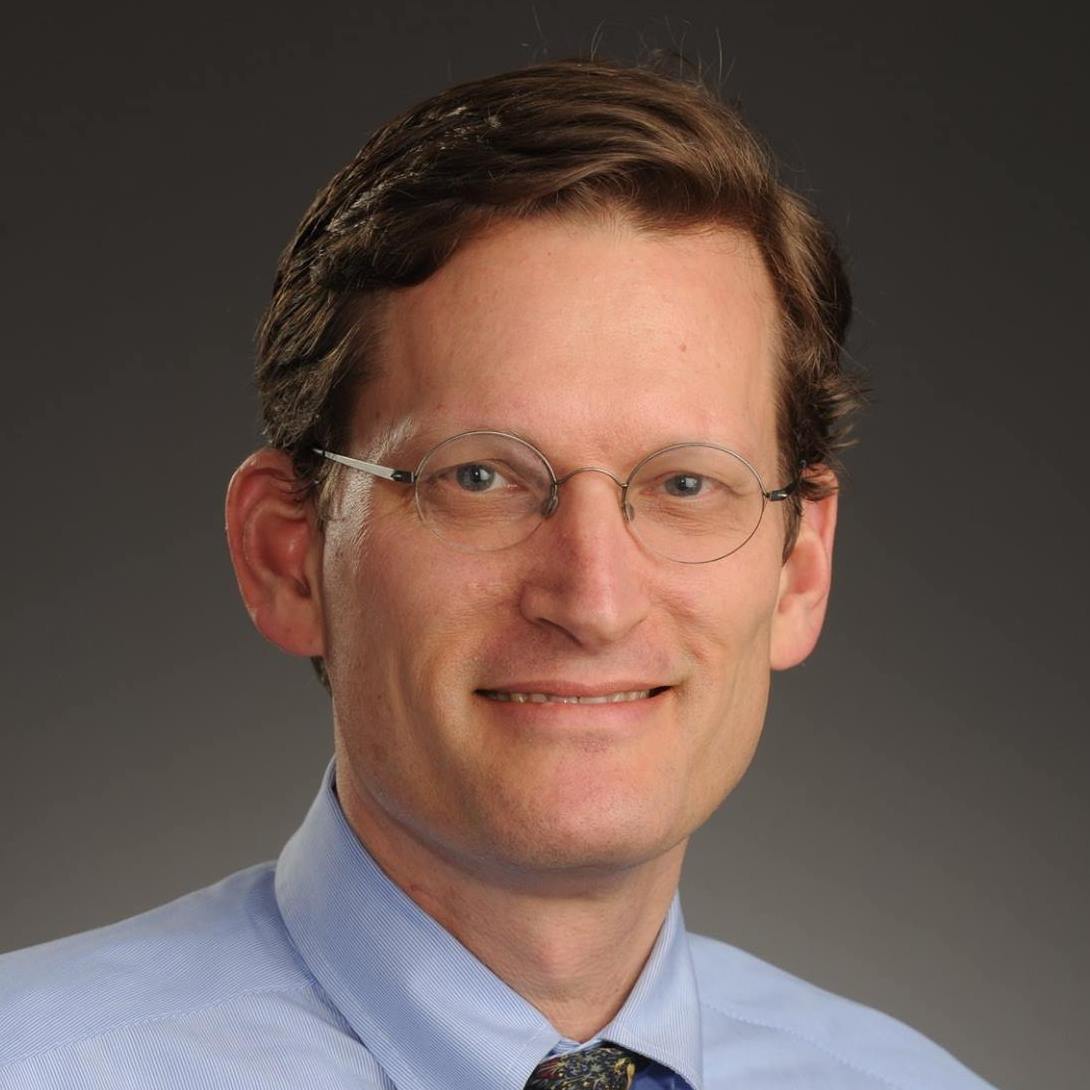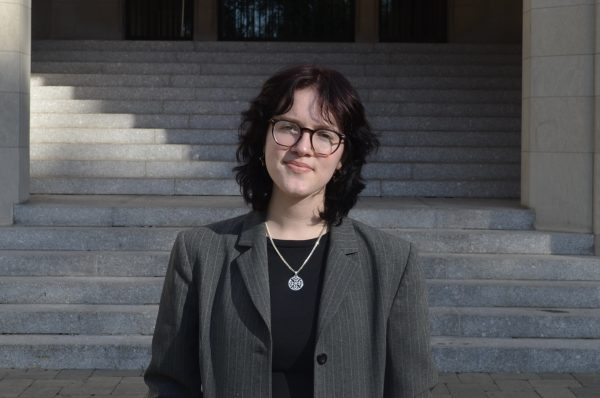On Wednesday, March 13, the Student Life Council (SLC) held its second meeting of the semester. The SLC meets monthly and works to create a relationship between students and Fordham University administration. This month, the council hosted the Vice Provost for Academic Affairs Jonathan Crystal.
The meeting began with two student-proposed agenda items surrounding the Part of the Solution (POTS) Meal Swipe Donation Program and an inquiry on Fordham funding; neither student was present at the meeting, so minimal discussion occurred.
Crystal then shared a summary of the role of the Provost, Dennis C. Jacobs, so that all attendees were aware of his capabilities. He defined the Provost as the chief academic officer who oversees all schools and is in charge of academic quality throughout the university. The Provost’s office works to decide when and who to hire, how to promote student success, increase graduation rates and work to ensure that students succeed.
In response to the general curiosity surrounding the reworking of the core curriculum, Crystal explained that while he is not yet involved with that process, he is working to restructure the leadership of the School of Arts and Sciences. Currently, there are four deans: one for each school (Fordham College at Rose Hill, Fordham College at Lincoln Center, Graduate School of Arts and Sciences) and one who oversees the rest. According to Crystal, this hierarchy is confusing, and it is hard to discern which dean does what.
“The system is such that it makes it hard to have an integrated and unified voice,” he said. “We don’t want to dilute the individual cultures of the Rose Hill campus versus the Lincoln Center campus, but we still want a more effective leadership structure.”
The current plan is to have a single dean of Arts and Sciences in charge of leading all of the schools, with four key positions to support that dean. These positions would be a vice dean for Undergraduate Education, a vice dean for Graduate Education, a vice dean for Faculty Affairs and an executive director of Finance and Administration. Crystal says the goal is not to increase the size of the administration, as he is aware of the concerns about limited resources, but aims to simply rework it. Currently, college councils at all schools have voted on this proposed structure, with the Arts and Sciences Council voting on the day of the SLC meeting, followed by the Faculty Senate vote and then the Board of Trustees vote.
Regarding the Graduate Student Union negotiations, Crystal said, “Fordham is dedicated, committed to bargaining in good faith to reach an agreement with the grad student workers.” He noted that Fordham’s primary concern is fiscal responsibility as they want to keep the cost of education as low as possible.
Hector Cruz, FCRH ’24, executive president of the Commuter Student Association, asked about academic versus administration funding, stating that students were under the impression that funding for academic affairs went down and funding for administration went up.
Crystal stated he didn’t believe that to be accurate, noting that spending on faculty salaries has gone up. He also referenced a company called 2U that Fordham uses to develop and promote online programs that the university is stepping away from to create their own platform. By doing this, they are technically spending less money on instructional costs, but not losing resources.
“It’s misleading to say that Fordham is shifting money away from supporting instruction,” said Crystal.
Crystal did agree that the size of the administration has grown over the last few years, but attributes it partly to the increasing regulations and growth of Disability Services and Counseling and Psychological Services.
Crystal also spoke of changes to the Fordham College Advising System, as there are plans to move towards a professional advisor system similar to the Gabelli School of Business. Crystal believes these advisors will provide more holistic support and that faculty would also advise more in their field as mentors assisting with post-graduation plans.
“Between the new advising system and dean structure that allows for a central integrated vision for Arts and Sciences education at Fordham, I think it will have a positive impact on student experience,” he said, noting it’s unlikely these changes will specifically impact students’ day-to-day activities but more so their overall college experience.
Cruz emphasized that, as a senior computer science student, he has observed a lack of practical application to the things taught in the program. He noted that this was not solely a Fordham issue. Crystal stated the Office of the Provost wants to develop a more comprehensive place for faculty to learn how to enhance classroom experiences.
Assistant Dean of Students and Director of Residential Life Charles Clency shared the number of monthly intoxication transports at the request of the SLC Executive Board.
Vice President of Budgets and Finance Lucas Hjertberg, FCRH ’26, provided updates on the ongoing referendum. At the time of the meeting, they had collected around one thousand votes and were coordinating with Ram Print to print more. Approximately 96% of the votes were pro-referendum, which would increase the Student Activities Fee by $95.
Jaclyn Wickersham, FCRH ’25, president of the Campus Activities Board, shared the tentative calendar for Spring Weekend, including Campus Movie Fest, Last Comic Standing and two concerts.
Dean of Students Christopher Rodgers stated that the university is in the process of interviewing Jewish and Muslim Chaplains who would be resources on campus. The university is also still in the Middle States Accreditation Process. Rodgers also reminded attendees that on Sunday, April 14, the university is hosting a Spring Preview for admitted students.
The next SLC meeting will be Wednesday, April 10, from 3-5 p.m. and will be joined by a yet-to-be-announced special guest.








































































































































































































